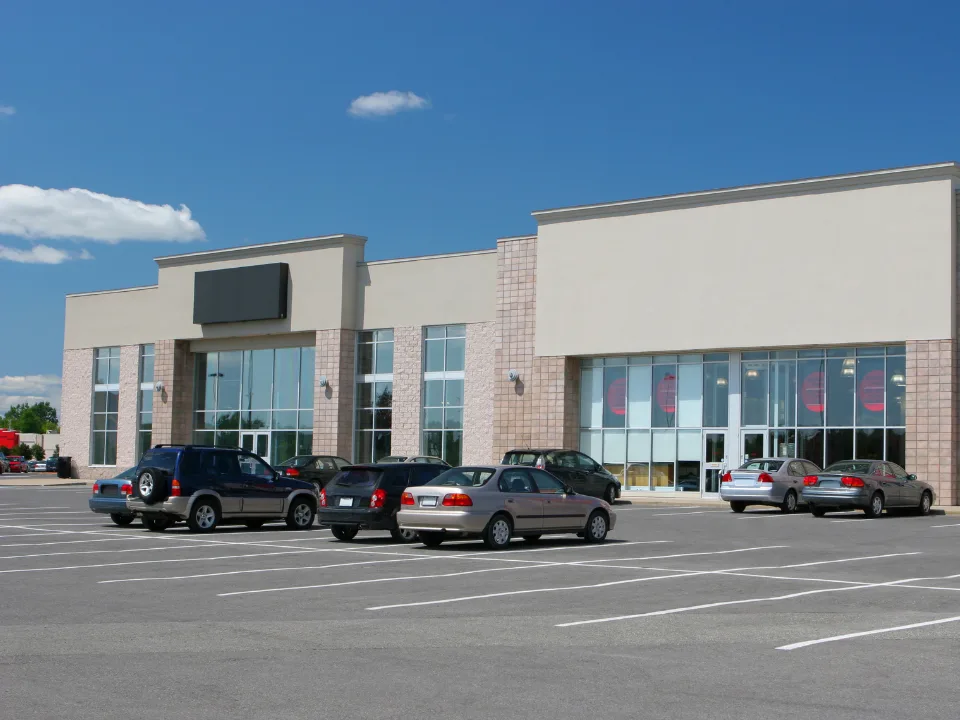- Big Lots has filed for Chapter 11 bankruptcy and agreed to be acquired by Nexus Capital Management for $620M in a court-supervised sale.
- The deal will allow Big Lots to focus on streamlining its store fleet and restructuring operations, aiming to be profitable by 2025.
- Big Lots plans to optimize its footprint by potentially closing 315 of its 1.4K current locations.
According to The Real Deal, Big Lots (BIG), the closeout and home goods retailer, has filed for Chapter 11 bankruptcy in the U.S. Bankruptcy Court for the District of Delaware.
Deal Details
Big Lots has also entered into an agreement with Nexus Capital Management, an LA-based private equity firm, for a $620M sale. Nexus will serve as the “stalking horse bidder,” allowing for other bids during a court-supervised auction.
The transaction, pending court approval and any higher offers, is expected to close in the fourth quarter of 2024.
Restructuring Efforts
In addition to the sale agreement, Big Lots has secured $707.5M in debtor-in-possession (DIP) financing, including $35M in new funds from existing lenders. The financing will help sustain the company’s operations while it reorganizes its business and completes the sale.
This liquidity, along with proceeds from ongoing operations, will support store closures, employee payments, and other business-critical expenses.
Fleet Optimization
Big Lots has been gradually reducing its physical footprint as part of a broader restructuring strategy. In June 2023, the company announced plans to close 35 to 40 of its 1.4K stores. Recent filings indicate the number of closures could rise up to 315.
As part of its Chapter 11 process, Big Lots will continue to evaluate its store locations, aiming for a more “focused” footprint to operate efficiently.
Despite financial difficulties, CEO Bruce Thorn emphasized that most stores remain profitable and that the company will work toward optimizing its fleet to serve customers more effectively. The company plans to use Chapter 11 to renegotiate leases or exit underperforming locations.
Distribution Centers
As part of its restructuring, Big Lots has also begun closing distribution centers. Last week, the company notified Ohio officials that it was shutting down a 3.9 MSF facility in Columbus, previously sold in a sale-leaseback deal.
The company has also divested other properties, such as its Apple Valley, CA, distribution center in a $305.7M sale-leaseback transaction with Blue Owl Capital in 2022.
Industry Pressures
Like other discount and value-focused retailers, Big Lots has struggled with reduced discretionary spending in key categories such as home goods and seasonal products. Other notable retailers, including LL Flooring, 99 Cents Only, and Conn’s HomePlus, have also sought bankruptcy protection recently.
According to retail analyst Neil Saunders, the filing was inevitable due to Big Lots’ “severe and unrelenting pressure” on its financials, coupled with rising debt levels.
Future Prospects
Nexus Capital is confident in Big Lots’ future potential. Its portfolio includes other notable retail investments, such as Lamps Plus and Dollar Shave Club.
Should Nexus remain the winning bidder, it aims to support Big Lots’ recovery and help the retailer emerge from bankruptcy. The company’s leadership believes that, with the right strategic approach, Big Lots can capitalize on its position in the discount retail sector.
Despite the bankruptcy filing, Big Lots has also reported some encouraging signs of recovery, including improvements in comp sales and gross margins in recent months. The company expects to build on this momentum in the second half of 2024.

















